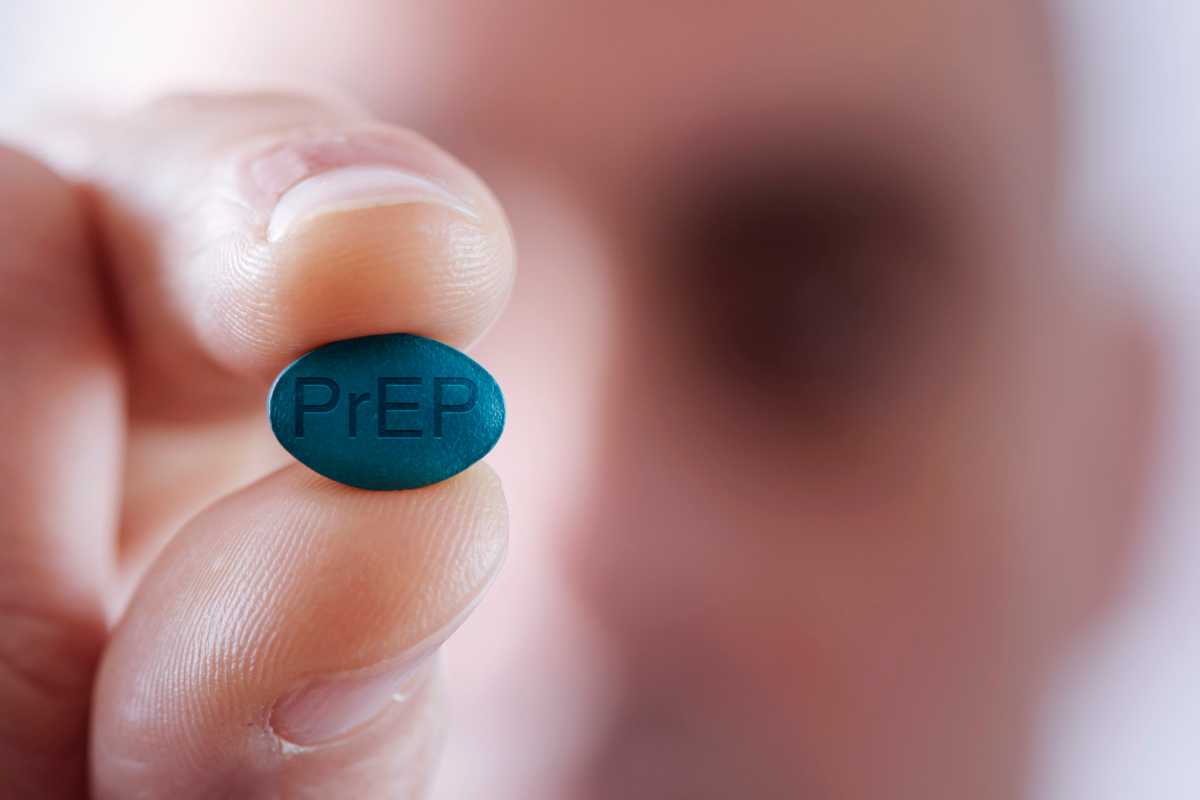More than 18,000 people are living with HIV in Philadelphia, according to the city’s annual report.
In an attempt to reach those most susceptible to HIV, Philadelphia’s AIDS Activities Coordinating Office offers TelePrEP, a website that allows those interested in the preventive medicine PrEP to self-schedule telehealth appointments with physicians.
PrEP stands for pre-exposure prophylaxis and includes a range of pills and now injections that, according to the Centers for Disease Control and Prevention, is 99% effective at reducing the risk of contracting HIV through sex. In most cases, it is free.
Patients, through the program, can test themselves for HIV at home and doctor visits can be virtual or over the phone. The initiative is a partnership between the health department and Einstein Medical Center.
“PrEP is not a medication; it’s a concept of preventing something before you acquire it,” said Javontae Williams, prevention program manager for AACO. “And the message to take away is that HIV is preventable.”
One objective of the program is making sure patients stick with PrEP. Many abandon the method after eight or nine months, Williams explained.
In addition, the telePrEP site, phillykeeponloving.com, includes details on services for sexually transmitted disease testing and treatment.
Information on post-exposure prophylaxis, or PEP, is also available. PEP is for those exposed to HIV and must be taken within 72 hours of the exposure. The city and Penn Medicine operate a 24/7 hotline (833-933-2815) for those who need the treatment.
Williams said AACO doesn’t want people to rely on PEP; instead, they want to “build a PEP to PrEP pipeline.”
Health department officials say nearly 300,000 are at higher risk for contracting HIV.
TelePrEP, Williams said, is particularly focused on groups disproportionately affected by HIV, such as men who have sex with men, especially Black and Latino men, those between the ages of 13 and 24, and injection drug users.
“There’s a knowledge deficit in terms of people understanding what benefits are actually available to them,” Williams said. “I think we need to do much better about communicating that if you want PrEP, you can get PrEP.”
The treatment is covered by many insurances, including Medicaid, and the telePrEP website includes resources for people without insurance.
For more details, go to phillykeeponloving.com or call 215-985-2437.



























